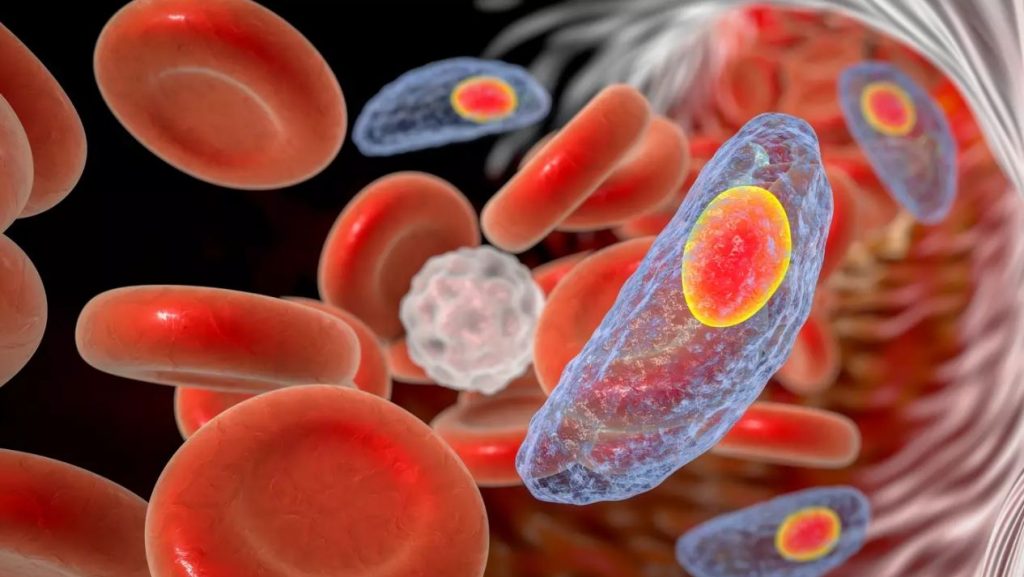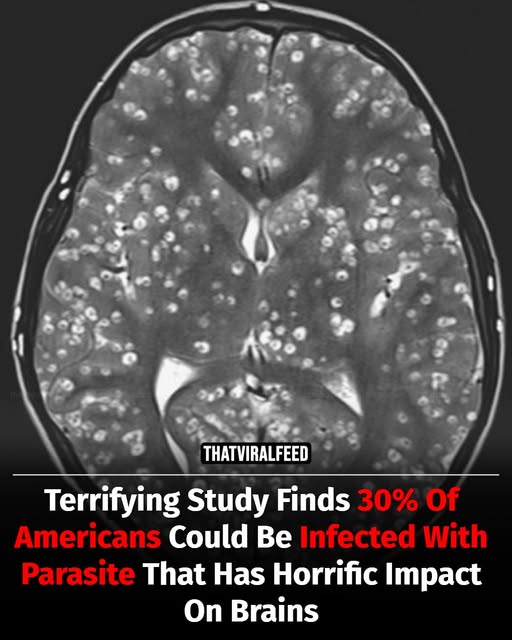A recent study has raised new concerns about a brain parasite known as Toxoplasma gondii, which may already be present in millions of people across the United States. While the parasite is often associated with cats, its effects on human behavior and mental health are now being taken more seriously by researchers. The findings have sparked both scientific interest and public worry.
What Is Toxoplasma gondii?
Toxoplasma gondii is a microscopic parasite that can infect most warm-blooded animals, including humans. It’s primarily spread through undercooked meat, contaminated water, or contact with cat feces. Once inside the body, the parasite can form cysts in muscle tissue, eyes, and most notably—the brain. For most healthy individuals, the infection causes mild or no symptoms. However, the parasite can remain dormant in the body for years, possibly influencing behavior, reaction times, and even mental health conditions.

How Common Is the Infection?
Studies estimate that up to 40 million Americans may be infected with Toxoplasma gondii, often without knowing it. Globally, some regions report infection rates as high as 60% depending on diet, hygiene practices, and climate. Because the infection is usually asymptomatic, many people live their entire lives unaware they are carriers. However, for individuals with weakened immune systems—such as those with HIV/AIDS or undergoing chemotherapy—the parasite can cause severe complications, including brain inflammation and vision problems.
Surprising Links to Behavior and Mental Health
One of the most intriguing aspects of Toxoplasma gondii is its potential link to changes in human behavior. Research has shown that infected rodents lose their fear of cats, increasing their chances of being eaten—thus helping the parasite complete its life cycle. In humans, similar behavioral changes may occur. Some studies suggest a correlation between toxoplasmosis and increased risk-taking, slower reaction times, and even mental health conditions such as schizophrenia and anxiety disorders. Although these findings are still under investigation, they highlight the importance of understanding the full impact of the parasite.
New Research Sparks Widespread Concern
The recent study that brought this topic back into headlines was conducted by a team of neuroscientists and published in a respected medical journal. It emphasized the need for further research into how chronic infections like toxoplasmosis may affect brain chemistry and influence decision-making and mood regulation. Experts caution that while the findings are significant, more evidence is needed before drawing firm conclusions about the parasite’s role in psychological disorders.
How to Protect Yourself
Preventing toxoplasmosis is relatively straightforward:
- Cook meat thoroughly to kill any parasites.
- Wash fruits and vegetables before eating.
- Avoid drinking untreated water.
- Wear gloves while gardening or handling cat litter, and wash hands afterward.
- Pregnant women should take extra precautions, as infection can harm the unborn baby.
- Pet owners do not need to give up their cats but should practice good hygiene and avoid handling cat waste directly.

Conclusion: A Silent Threat Worth Noticing
While Toxoplasma gondii may not be a household name, its widespread presence and potential influence on behavior make it a parasite worth paying attention to. As science continues to uncover its mysteries, public awareness is key to prevention and understanding its broader implications on human health.

















